New Delhi : In the wee hours of August 15, Moussoud Karimi left for New Delhi from his hometown, Kabul, fearing uncertainty as the Taliban forces were making fast advances. Hours later, the Afghanistan capital was seized over by the Taliban.
Ever since he has arrived, the Afghan resident is trying all means to get an immediate and safe passage for his family left behind in the war-torn country.
He feels guilty for leaving behind her family, which he calls a misjudgement on his part.
“I didn’t imagine that Talibanis would advance so fast. My family insisted me leave first and decided to stay put for a few more days. Till then, I would make arrangements for them here. However, the scenario changed dramatically and now I’m clueless about how to get them here as fast as I can,” Karimi said.
30-year-old and a medical doctor by profession, Karimi is not new to the country. For years he has been facilitating Afghanistan patients to get treatment in Delhi hospitals, which has turned into a top medical destination for war-torn country residents in the last decade.
Karimi is extremely worried especially for his father since he was associated with the ruling party. He recounted an incident where Taliban fighters showed up at their house and enquired about his father.
Two days ago in a press conference, the Taliban announced amnesty to all who worked for the US and in the government. However, Aryan doesn’t believe in the rebel army at all.
“If they have decided to give amnesty to everyone then why are they searching home to home and preparing a registry of their friends and foe? They went home and asked about Abbu (father) but did not harm him. I guess they are preparing some kind of registry that they may use for revenge. I just hope they don’t but these guys can’t be trusted,” the Kabul resident said.
Karimi wishes to bring her family as soon as possible. I’m trying all my efforts to prepare their visas as soon as possible. However, her mother’s passport has expired recently.
“It would have been great if India could have relaxed the mandatory rule of passport before entering here. I understand security concerns but we all can vouch for her,” he added.
22-year-old Khadija did not have the privilege to follow a profession like Karimi and visit the Indian subcontinent for work. Rather, she was forced to flee from her hometown in Jalalabad province with her maternal uncle, younger brother, due to threats from the Taliban.
“After the demise of my father who was security personnel, the Talibs came after us. Fearing vengeance from the militants, my uncle brought us here where we received refugee status,” she told UNI.
The woman is pursuing graduation in commerce from a college and works at a medical store to support her family. Back in her hometown, her mother is bringing her younger sister who would turn 18 this October.
Afghans resettled in India are fearful of a repeat of the infamously harsh treatment meted out to women by the last period of Taliban rule.
“I’m worried for my mother. She is a widow and the Taliban is infamous to forcefully take away young girls and widows to get them married with their fighters,” she feared.
Khadja is desperate to get her family to seek refuge in India but her hope is shattered by the diplomatic norms. Her mother and sister don’t have a passport. And now that the Talibs have taken over, she doesn’t hope her family to get passports anytime soon.
“I don’t think Taliban would allow my mother for it. I just hope India takes her and many other such people on humanitarian ground,” she appealed in a breaking voice.
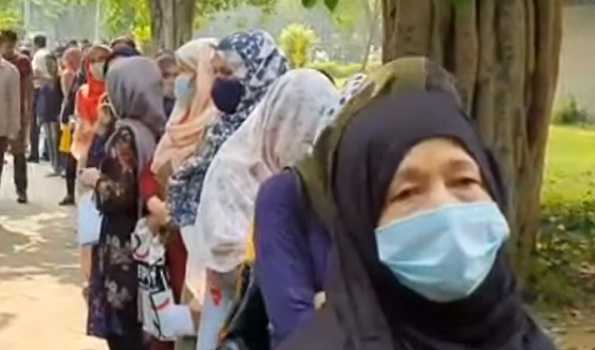


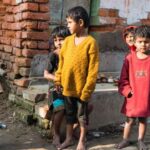
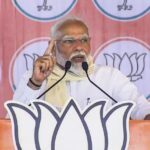


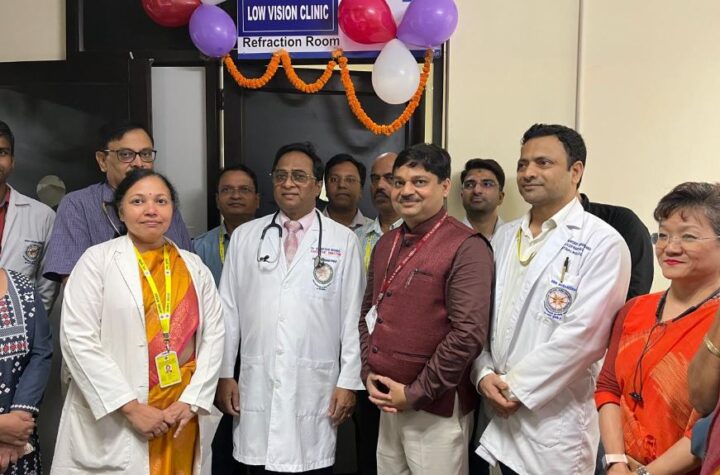

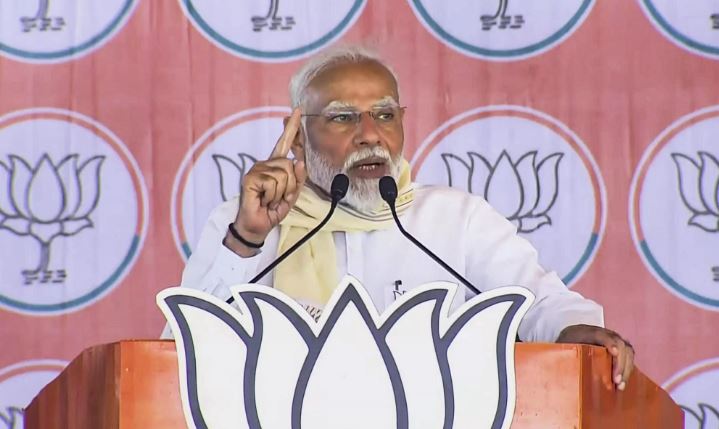
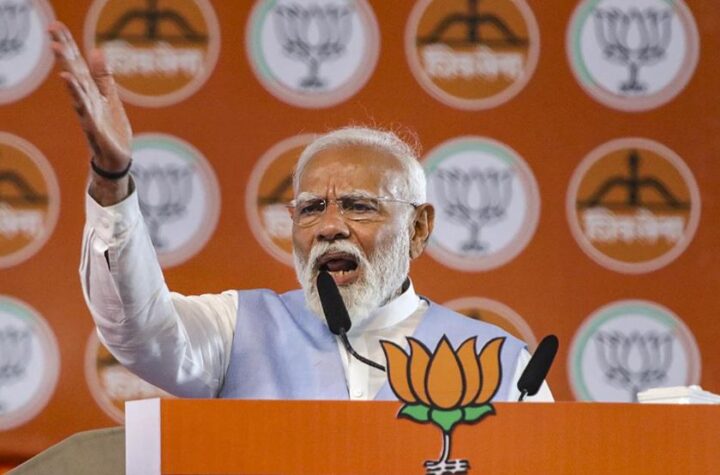
More Stories
Low vision clinic inaugurated at AIIMS Bhubaneswar
Urban education programme comes in handy for Odisha’s tribal, dalit kids
Now country ‘aatank’ struggling for ‘aata’: PM